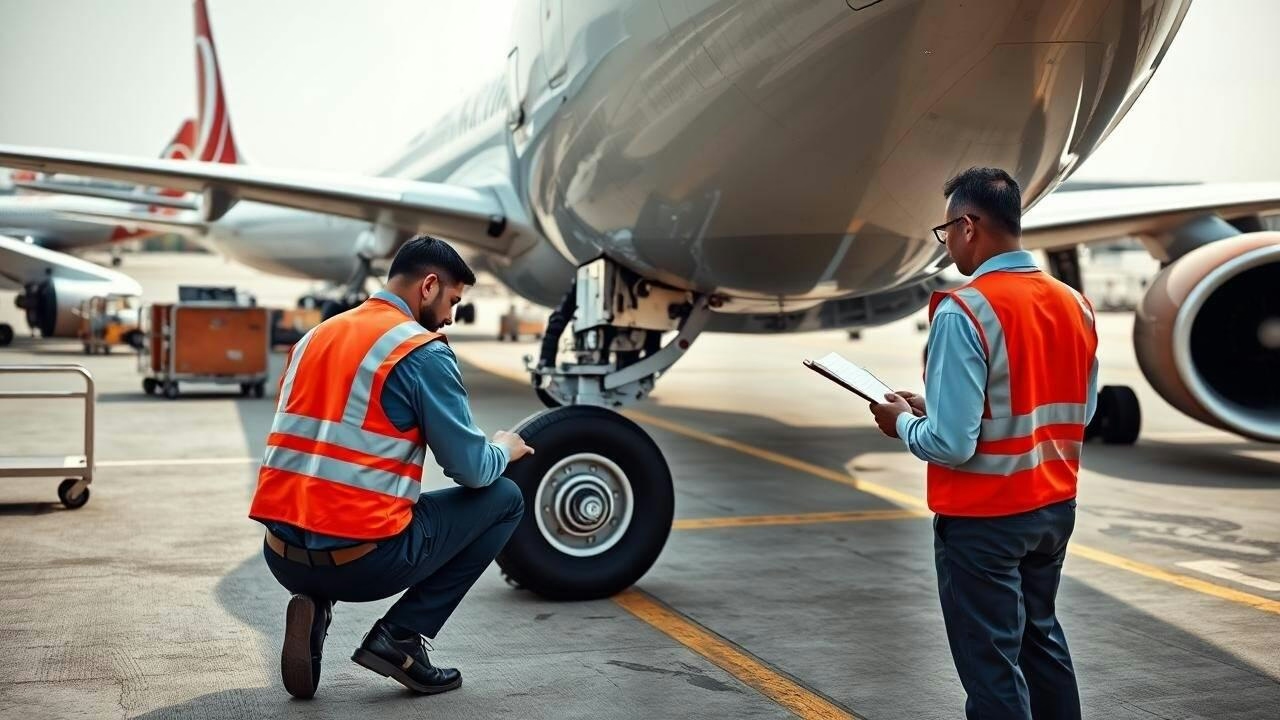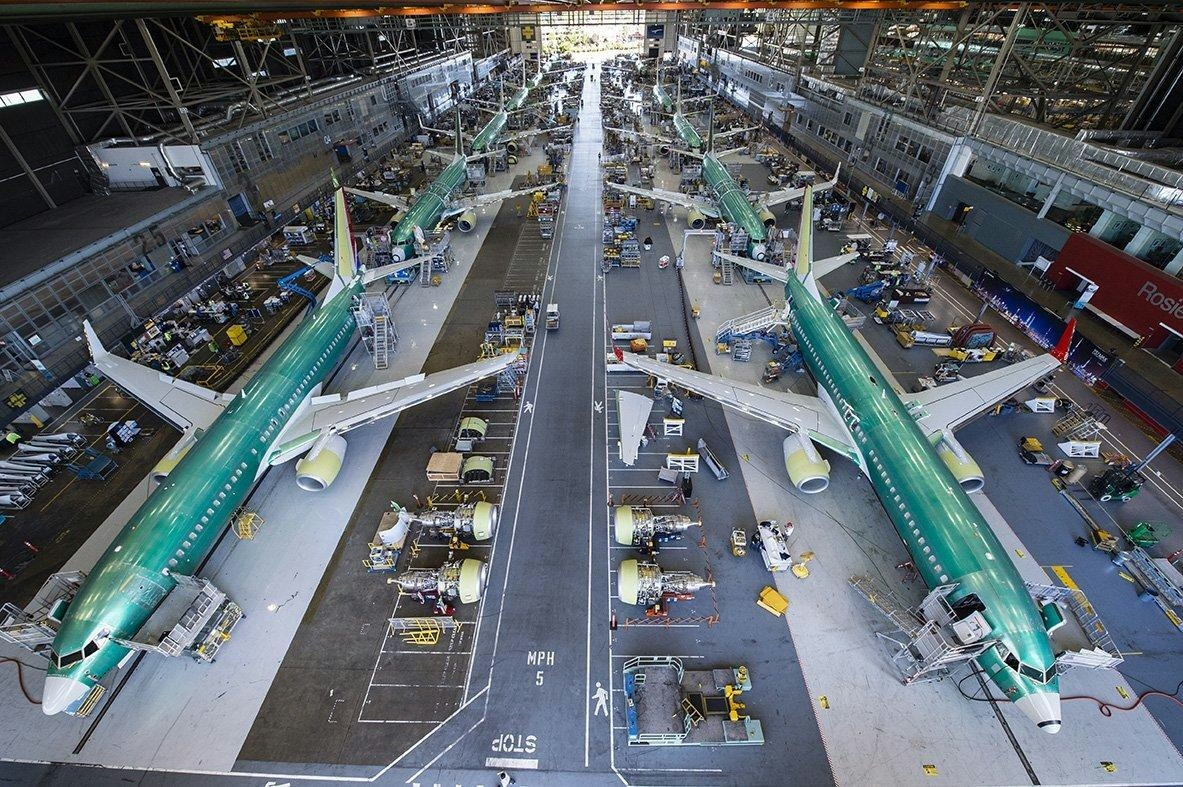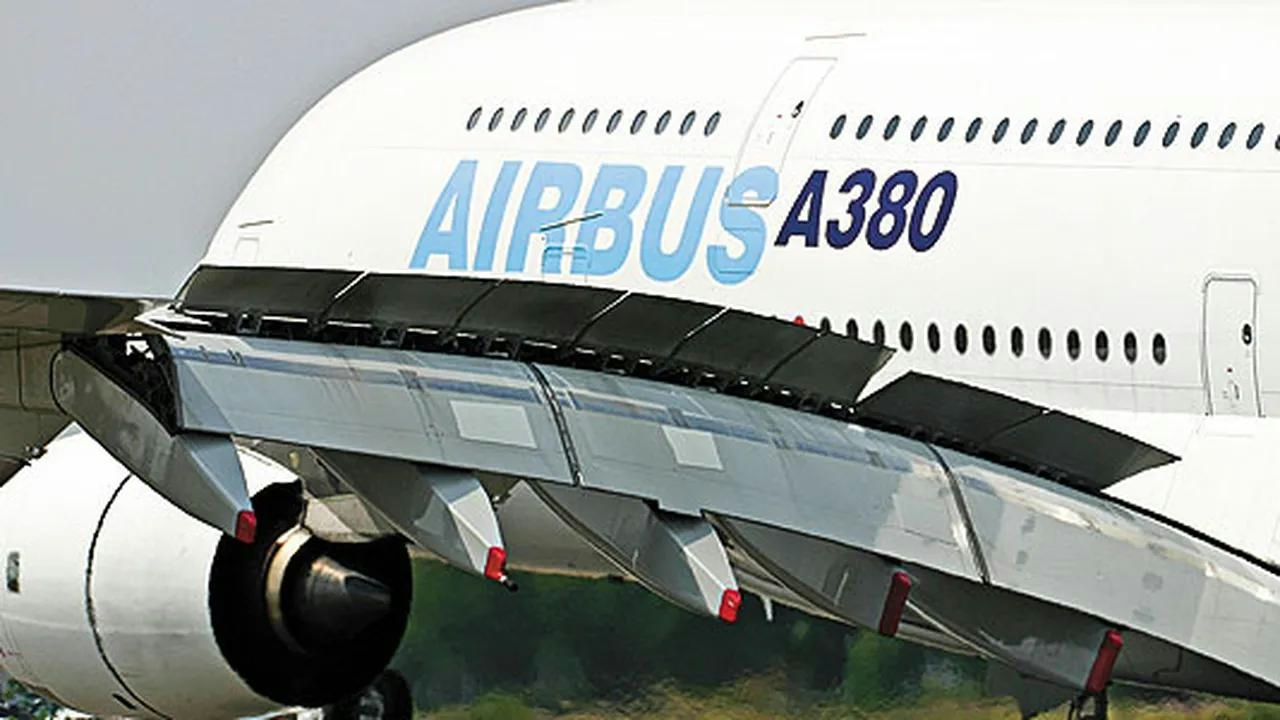AeroGenie — Votre copilote intelligent.
Tendances
Categories
India and Turkey Strengthen Civil Aviation Ties with New Aircraft Leasing Agreements

India and Turkey Strengthen Civil Aviation Ties with New Aircraft Leasing Agreements
India has taken a decisive step to enhance its civil aviation relationship with Turkey by approving new aircraft leasing agreements between carriers from both nations. This development marks a significant thaw in bilateral relations, which had been strained in recent years due to security concerns and geopolitical tensions, particularly related to Turkey’s diplomatic alignments in the Middle East. The recent approvals underscore a renewed emphasis on economic cooperation and improved air connectivity, signaling a new phase of collaboration within the aviation sector.
Expanding Connectivity and Economic Cooperation
The approved leasing agreements will enable Indian and Turkish airlines to expand their fleets with greater flexibility, facilitating increased flight frequencies and the introduction of new routes connecting major cities. This expansion is expected to bolster trade, tourism, and business exchanges by leveraging India’s extensive tourism market alongside Turkey’s strategic role as a regional travel hub. Enhanced connectivity promises to benefit travelers through a wider array of options and more competitive fares, while also stimulating economic activity in tourism-centric cities such as Istanbul and New Delhi.
Challenges and Market Dynamics
Despite the promising outlook, the path toward deeper aviation cooperation faces several challenges. Both countries must contend with complex regulatory frameworks and ongoing supply chain disruptions, which industry forecasts suggest may persist through the end of the decade. These factors could affect aircraft delivery timelines and operational costs, potentially slowing the pace of growth anticipated under the new agreements.
The partnership also unfolds amid shifting market dynamics characterized by intensifying competition among airlines. This increased rivalry is likely to drive down ticket prices and enhance service quality for consumers. In response, competing carriers and nations may seek to counterbalance India and Turkey’s growing collaboration by forging their own strategic alliances or expanding their aircraft leasing capabilities.
Strategic Implications and Future Prospects
The aircraft leasing agreements represent a strategic recalibration in India-Turkey relations, emphasizing mutual economic growth and improved connectivity. These deals are expected to lay the groundwork for further bilateral cooperation, offering both countries opportunities to modernize their aviation infrastructure and provide travelers with more seamless flight experiences.
As India and Turkey advance these agreements, they will need to carefully balance the economic and diplomatic advantages against the operational and geopolitical complexities inherent in the global aviation industry.

Locatory.com Gains Traction Among Aviation MROs and Suppliers

58 Pilots Graduate from Ethiopian University

The Engine Behind Boeing’s Latest Widebody Aircraft

UBTech Shares Rise After Airbus Orders Humanoid Robots

Boeing’s Widebody Jet Sales Surge Signals Shift in Global Air Travel

French Aircraft Design Claims to Reduce Energy Consumption by Elevenfold

Boeing Surpasses Airbus Orders in 2025 as Deliveries Total 600

Why the Airbus A380 Uses Two Different Engine Types

'Miracle on the Hudson' Survivor Advocates for Increased American Airlines Staffing

flydubai Implements Amperity’s AI Customer Data Platform to Enhance Customer Experience
